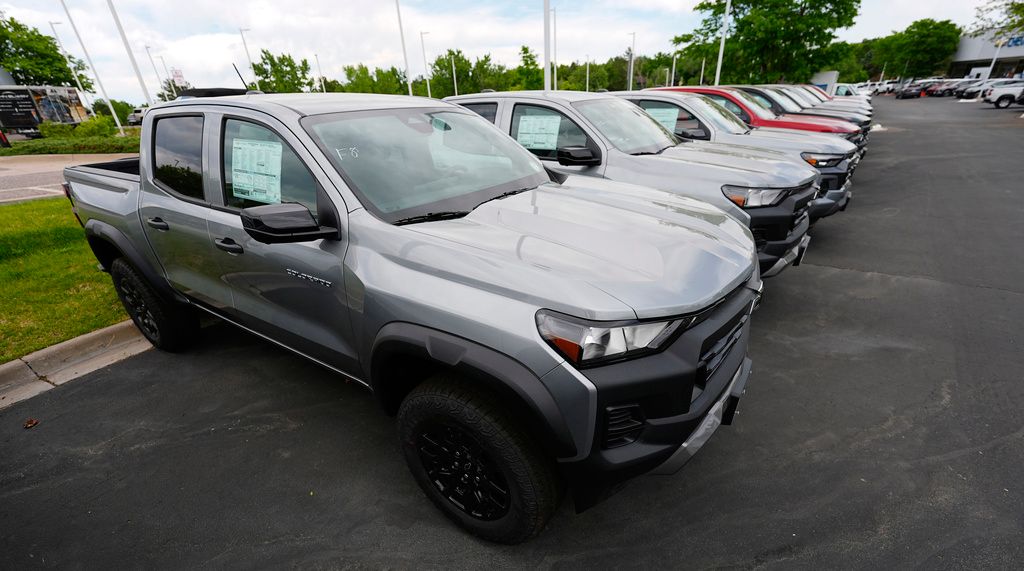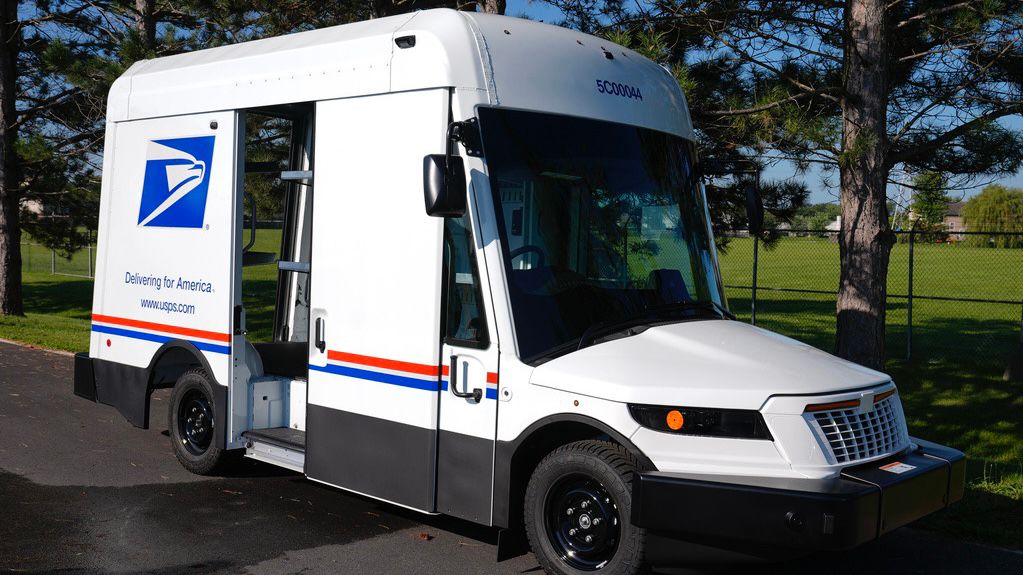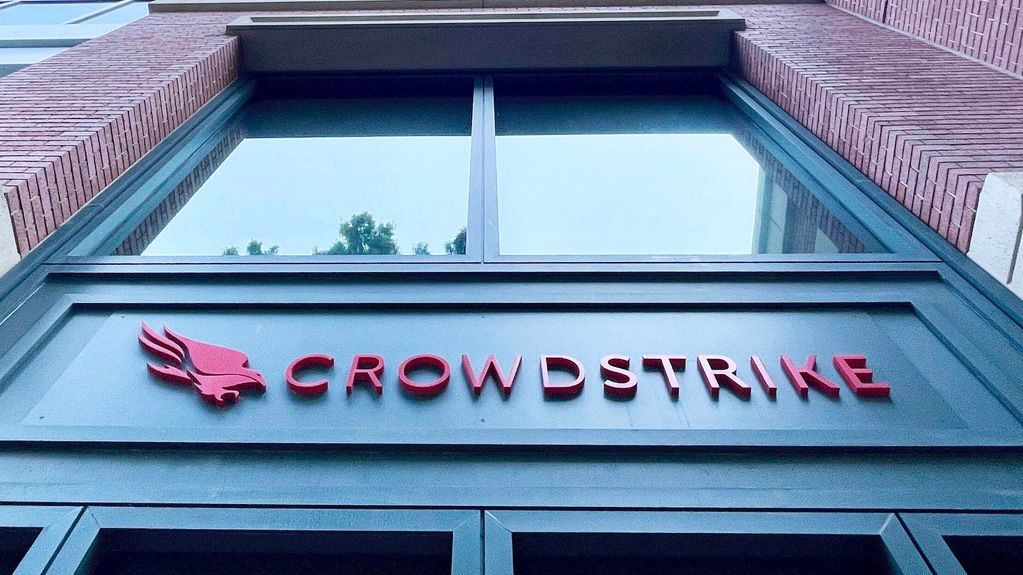Uncertainty about the upcoming election is stifling car sales, according to a new report from Cox Automotive. Almost 75% of consumers expect vehicle prices to change after November, prompting a wait-and-see mentality in the market.
“No matter what side of the political aisle you sit on, a majority agree that change is coming, good or bad, and change is causing paralysis,” Cox Automotive Executive Analyst Erin Keating said Tuesday.
For its 2024 election research, Cox surveyed 529 consumers who were in the market for a car in February and 1,026 car dealers in April and May. The report found that consumers are more likely to believe things will get “somewhat” to “much better” after the election, while dealers expect things to get worse for the auto industry.
Already the automotive market has been sagging as consumer sentiment about the economy and buyers’ confidence wanes, with loans for new cars averaging 10% and average transaction prices at $48,389.
“Consumers are cautious and growing more price sensitive, while believing that rates will be lower soon,” Cox Automotive Senior Economist Jonathan Smoke said during a briefing about where the auto industry is headed for the second half of the year.
Smoke said three of the four factors that affect consumers’ ability to afford cars are in their favor, including declining prices for cars, higher incentives and higher incomes. But financing costs are on the rise.
“The U.S. election is looking to be a close call with a very wide range of policy implications,” Smoke said. “Consumers believe things will be better and more certain after the election is over, which adds to the hesitancy in buying.”
Cox analysts project 15.7 million vehicles will be sold in 2024, but they expect volatility in the second half of the year.
Auto dealer sentiment was even lower than it was for consumers in the second quarter. The majority of dealers cited interest rates as the number one factor depressing car sales, followed by the economy, market conditions and the political climate. Concern over polarized politics has been growing among dealers over the last three quarters, Keating said.
More than 80% of dealers said the outcome of the U.S. presidential election will impact interest rates in some way, compared with 66% of consumers.
Most consumers feel the election will not affect their decision to buy an electric, hybrid or gas-powered vehicle, though the majority said they are against government EV mandates.







)
